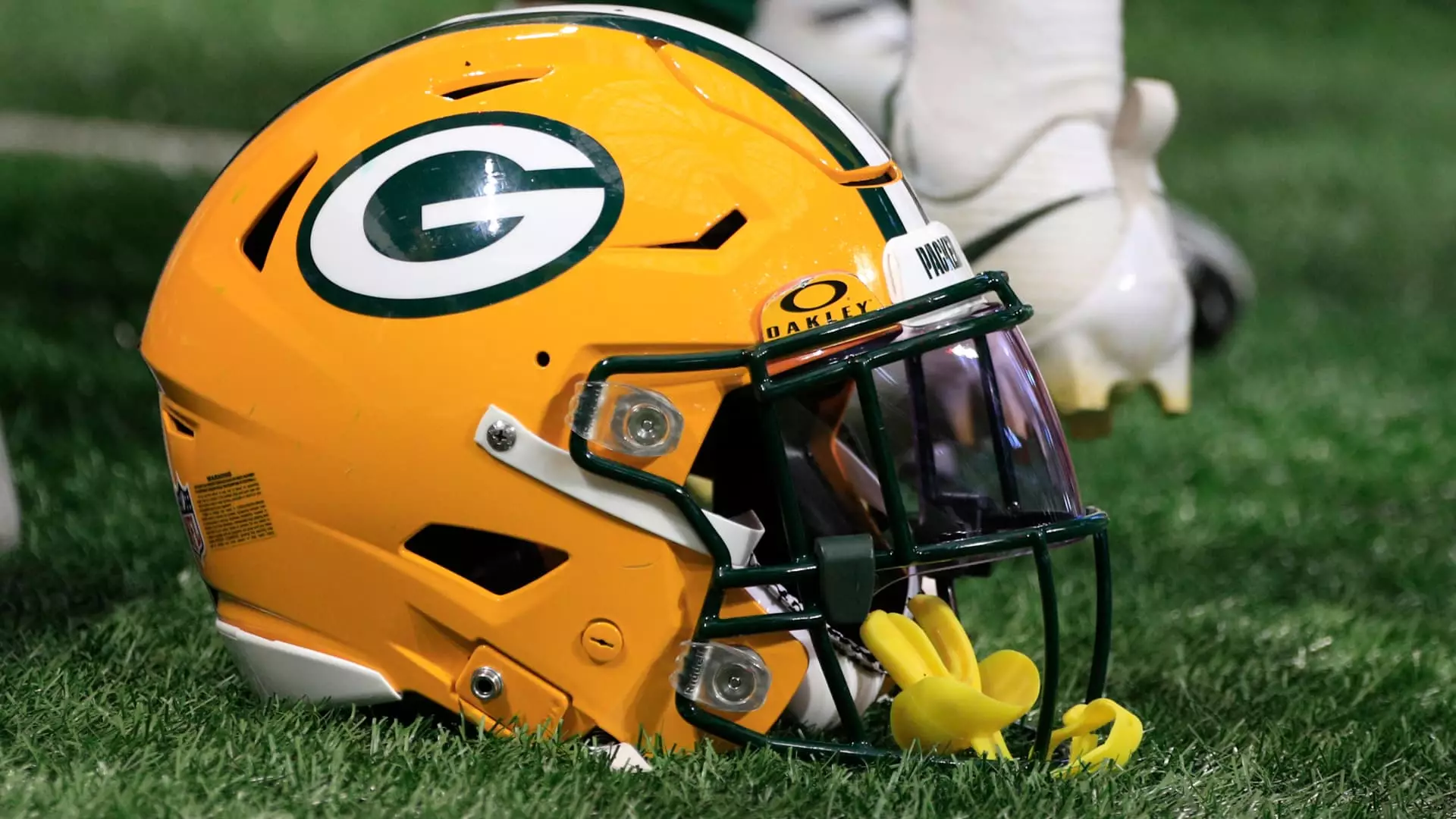The ownership structure of the Green Bay Packers sets them apart from all other teams in the National Football League. With a structure that resembles a publicly traded company, the Packers have a long history of being owned by stockholders, many of whom are die-hard fans of the team. This unique arrangement has been in place for over 100 years, making the Packers stand out as the only publicly owned team across the four major North American professional sports leagues.
The Green Bay Packers have had a total of six stock offerings since their inception, starting in 1923 and most recently in 2021. These offerings have resulted in over 5.2 million outstanding shares owned by more than 538,000 individuals. Unlike traditional publicly traded companies, these shares do not pay dividends, are nontransferable except to a child or relative, and hold no intrinsic market value. Shareholders do have the privilege of attending the team’s annual meeting and voting for a board of directors, but ownership does not yield any financial gains.
In 2023, the team reported revenue of $638 million, with earnings before interest, taxes, depreciation, and amortization amounting to $128 million. As a nonprofit organization, the Packers allocate their annual revenue towards player salaries, stadium maintenance, marketing, and other operational expenses. The share offerings conducted over the years have been essential in helping the team overcome financial challenges and finance major renovations at Lambeau Field.
The unique ownership structure of the Packers makes them less attractive to private equity investors. With a strict ownership cap of 200,000 shares per person, equivalent to less than 4% of the team’s outstanding shares, the team remains largely owned by individual fans. While current rules allow private equity firms to own up to 10% of a franchise, the Packers’ distinctive setup makes it unlikely for them to seek such investments.
Despite the advantages of fan ownership, the Packers face challenges due to their small market size compared to other NFL teams. The lack of tourism revenue and the team’s long-term stability at quarterback have drawn criticism from rival fans and organizations. The team’s ownership structure, while unique and enduring, also presents barriers for potential investors due to the infrequency of stock offerings and limited financial returns.
The Green Bay Packers’ ownership structure sets them apart as a one-of-a-kind entity in the NFL. With a history of fan ownership and communal support, the Packers have managed to thrive financially and competitively despite operating in a smaller market. While the team’s unique structure may deter private equity investors, it has ensured stability and longevity for a franchise deeply rooted in tradition and community.


Leave a Reply